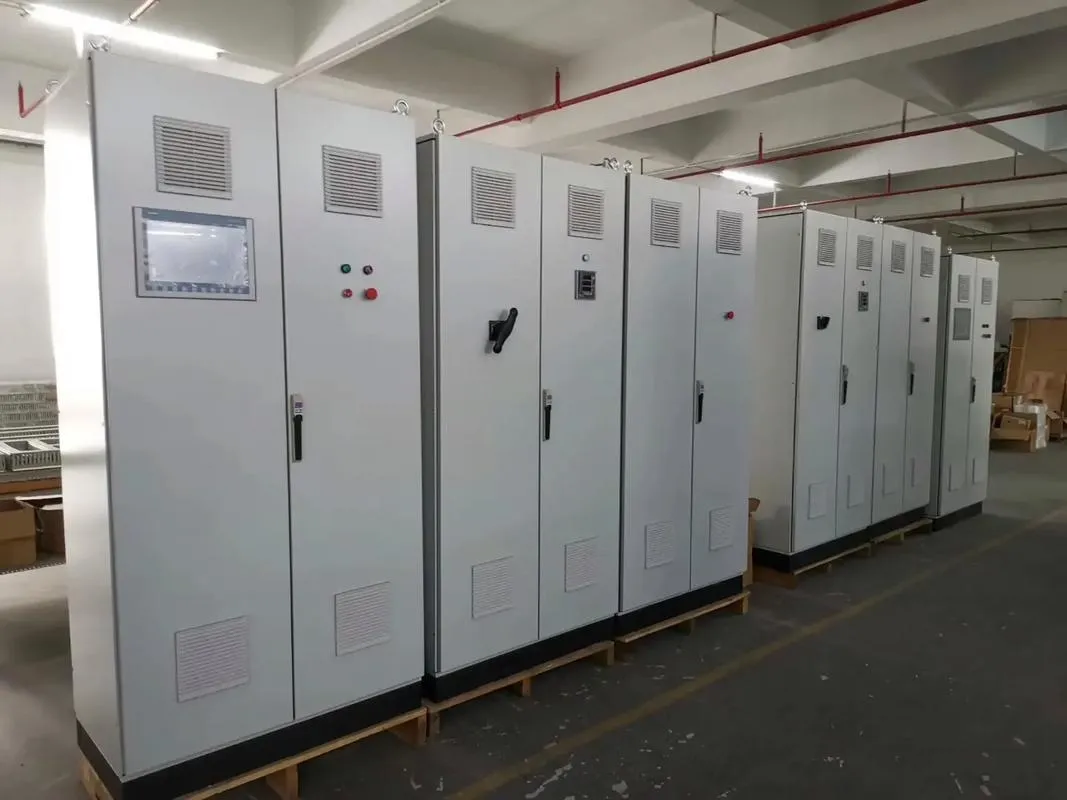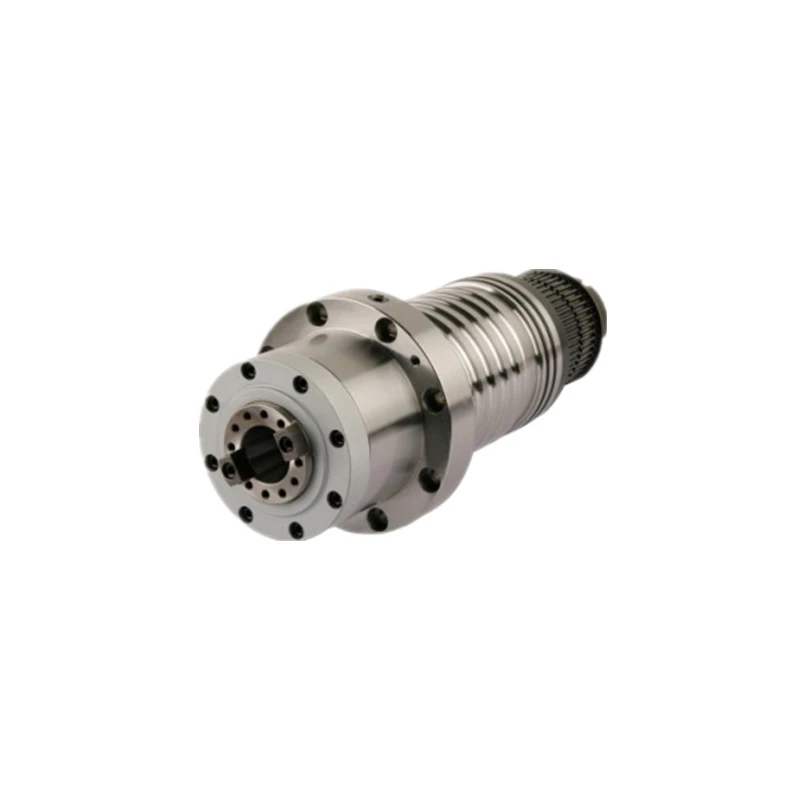12 月 . 04, 2024 09:55 Back to list
Unlocking Efficiency with PLC Controllers: The Future of Automation
In the world of industrial automation, PLC controllers stand out as essential components that drive efficiency, precision, and reliability. With a vast range of options available, including those available for immediate purchase, like PLC controller for sale, industries are keen to understand how these devices can enhance their operations. In this article, we will delve into the advantages and disadvantages of online versus offline programming for PLC controllers, explore their applications across various industrial fields, and discuss the expansion capabilities that make them a crucial investment for businesses.

PLC Controllers:Online Programming vs. Offline Programming
When considering PLC controller price and functionality, understanding programming methods is essential. Online programming allows users to program and modify the PLC while it is running. This method offers real-time adjustments, ensuring minimal downtime. Operators can troubleshoot and implement changes without stopping the machine, making it an attractive option for production environments that require continuous operation. However, it comes with challenges, such as the risk of causing faults during changes and the need for specialized knowledge to navigate complex systems.
Conversely, offline programming involves creating programs on a computer before downloading them to the PLC controller. This method allows for extensive testing and validation of the program without affecting the running processes. While this increases safety and reduces errors, it may lead to longer downtimes during implementation since the system must be stopped to upload the new program. Ultimately, the choice between online and offline programming will depend on the specific needs of the operation and the technical expertise available.
Applications of PLC Controllers Across Industries
The application of PLC controllers spans a wide range of industrial fields, showcasing their versatility and effectiveness. In manufacturing, PLC and automation streamline processes by controlling machinery, managing assembly lines, and ensuring quality control. In the food and beverage industry, PLCs monitor production lines, manage ingredient mixing, and control packaging processes to meet safety and quality standards.
In the oil and gas sector, PLC controllers play a crucial role in monitoring equipment and managing safety systems to prevent accidents. In pharmaceuticals, these controllers ensure that production processes comply with strict regulations, providing precise control over mixing, filling, and packaging. The adaptability of PLC controllers makes them an invaluable asset for companies looking to enhance productivity and reduce operational risks across diverse sectors.

PLC Controllers:Future-Proofing Your Automation
One of the most significant advantages of investing in a PLC controller is its scalability. As industries evolve and production demands change, having a PLC controller that can expand its functionalities is vital. Many modern PLCs offer modular designs, allowing for the addition of extra I/O modules, communication interfaces, and other components as needed. This adaptability enables companies to modify their systems without complete overhauls, resulting in significant cost savings.
Moreover, the integration of advanced technologies, such as IoT (Internet of Things), enables PLC controllers to connect with other smart devices, enhancing their functionality. This connectivity allows for remote monitoring, data collection, and analytics, further optimizing operations. Investing in a PLC programming company that offers tailored solutions can help businesses effectively expand their automation capabilities, ensuring they stay competitive in a rapidly changing market.
PLC Controllers:The Path to Enhanced Automation
PLC controllers are pivotal in driving efficiency and precision in various industrial applications. Understanding the advantages and disadvantages of programming methods, the wide-ranging applications across sectors, and the expansion capabilities of these controllers can empower businesses to make informed decisions. With PLC controllers for sale from reputable suppliers, companies can invest in technology that not only meets their current needs but also positions them for future growth and success in automation. By embracing the potential of PLC and automation, industries can optimize processes, reduce costs, and enhance productivity for a more sustainable future.
-
Why Steel Mills Rely on FODA’s High-Temperature Cylindrical Roller Bearings?
NewsApr.10,2025
-
What is a Plain Bearing? A Complete Guide to Design & Functionality
NewsApr.10,2025
-
Thrust Ball Bearings vs. Tapered Roller Bearings: FODA’s Performance Comparison
NewsApr.10,2025
-
The Engineering Behind FODA Thrust Ball Bearings: Precision for High-Speed Applications
NewsApr.10,2025
-
No More Compromises: Get Precision-Engineered Custom Bearings Tailored to Your Exact Specifications
NewsApr.10,2025
-
In-Depth Analysis: Application Differences of Different Types of Angular Contact Ball Bearings
NewsApr.10,2025
Products categories
















